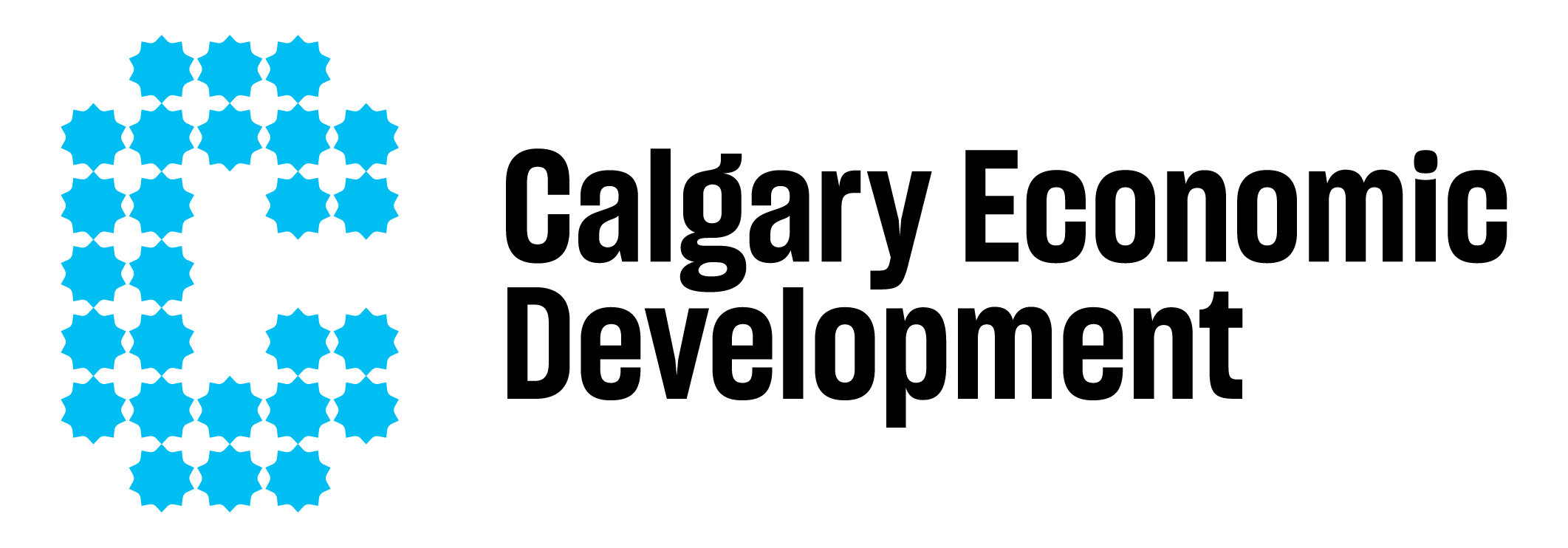As cities evolve to navigate national and global headwinds, so does their workforce.
New technologies, economic downturns and diversification can all lead to growth or decline in certain industries. The rapid acceleration of technology has changed the way we work, the types of jobs available and the skills required.
This is where upskilling programs come in.
Upskilling is used to complement existing skills, ultimately creating a more adaptable workforce. These programs help cities create future economic resiliency by training the existing workforce to fill positions in high-demand industries.
EDGE UP is a short-term skills development program for mid-career oil and gas professionals displaced from the sector, helping them transition to in-demand jobs in Calgary’s digital economy.
Thanks to a combination of thorough research and a collaborative business environment, the award-winning program has gained recognition across the country and the globe. It is one of Canada's largest educational collaborations by a city and federal partners to support the transition of talent from a downturned sector to opportunities in the digital economy.
With scalability top of mind, EDGE UP has created a recipe for success that is easily replicable across sectors and cities.
Leverage research to identify gaps
Informed research can help identify skill shortages or gaps in the workforce.
Calgary Economic Development collaborated with The Information Communications Technology Council (ICTC) on Mapping Calgary’s Digital Future Report, which compared the skills of oil and gas professionals to the skills required for some of Calgary’s most in-demand jobs. The study found that the displaced workers had many of the competencies related to in-demand digital positions and only needed some short-term tech training.
The study engaged focus groups and 187 Calgary-based employers across sectors, including technology, energy, health care and education. Serving as a guide for design, the report ensured the upskilling program was relevant to participants and met the needs of employers.
In Calgary, that meant addressing the layoffs and workforce shifts in the oil and gas industry that resulted from the 2015-2019 global oil price downturn and changing world energy dynamics. These oil and gas professionals had highly specialized skills and were having a challenge re-engaging in the workforce because of the structural shift to the economy.
Simultaneously, Calgary was experiencing economic diversification and growth in key sectors, like technology, which required new digital competencies to meet the needs of employers.
In 2019, EDGE UP was born.
Program participants receive training to re-engage with technology jobs being created in all of Calgary’s sectors, which can include transition training for workers moving from one industry to another.
The program incorporated a foundation of digital transformation training to help participants understand the impact and benefits of technology on Calgary. Participants were also provided opportunities to apply their skills through work integrated learning (WIL) capstone projects or other WIL digital opportunities.
Since its inception, EDGE UP has delivered digital training to over 350 graduates. More than 80 per cent of responsive EDGE UP graduates are now employed or in further training.
In the same period, well over 1,000 professionals in Calgary’s energy sector experienced interest in the program.
Collaborate with partners across sectors
Partnerships across sectors are key to the success of upskilling programs and are mutually beneficial to all participants.
Local employers benefit by having exclusive access to talent who bring a hybrid skillset and fresh perspective on building solutions.
Thanks to Calgary’s collaborative business environment, EDGE UP partners with local organizations and future-focused post-secondary institutions. All of which are working together to deliver in-demand technology skills and support for the re-engagement of participants to the workforce.
Over 1,500 local employers have engaged in the program through work-integrated learning opportunities, consultations, capstone projects and post-program career opportunities. By creating longer work-integrated learning opportunities, employers can learn how the graduates have applied the skills they’ve gained.
The initiative is led by Calgary Economic Development and delivered in partnership with Future Skills Centre, the Government of Canada, ICTC, Riipen, University of Calgary Continuing Education, the Southern Alberta Institute of Technology (SAIT), Bow Valley College and Mount Royal University.
EDGE UP's strength relies on the high calibre of partners committed to ensuring Calgary is ready to meet the needs of all future and emerging industries.
Reflect on for future replication and success
Feedback and reflection of key learnings can fuel the success of future upskilling programs and ensure they can be replicated across sectors and cities. For EDGE UP, this meant taking learnings from the pilot program and weaving them into EDGE UP 2.0.
This included ensuring there was a constant loop of employer feedback to support scaling up the program with more training streams and additional supports for graduates.
By integrating key recommendations from the pilot, EDGE UP 2.0 recorded resounding success and was expanded to incorporate participants from a wider range of professions, workplace training opportunities and additional digital training streams.
As the demand for skilled professionals rises, the power of collaboration, reflection and research-informed decisions makes up a recipe for success in upskilling.
Upskilling programs like EDGE UP are helping cities across Canada and the world build a prosperous economic future with an adaptable and skilled workforce.
To learn more about Calgary’s upskilling programs, visit EDGE UP’s website.
Hear from Calgary's community on how upskilling programs like EDGE UP contribute to the city's success and builds our talent pool.

